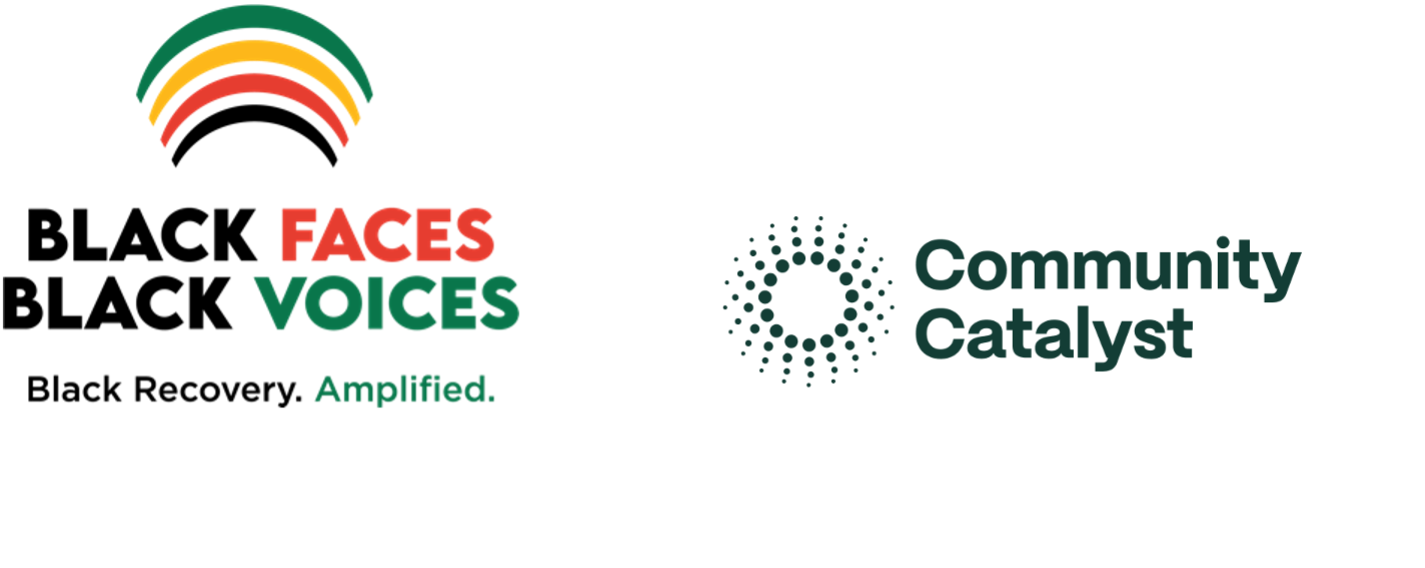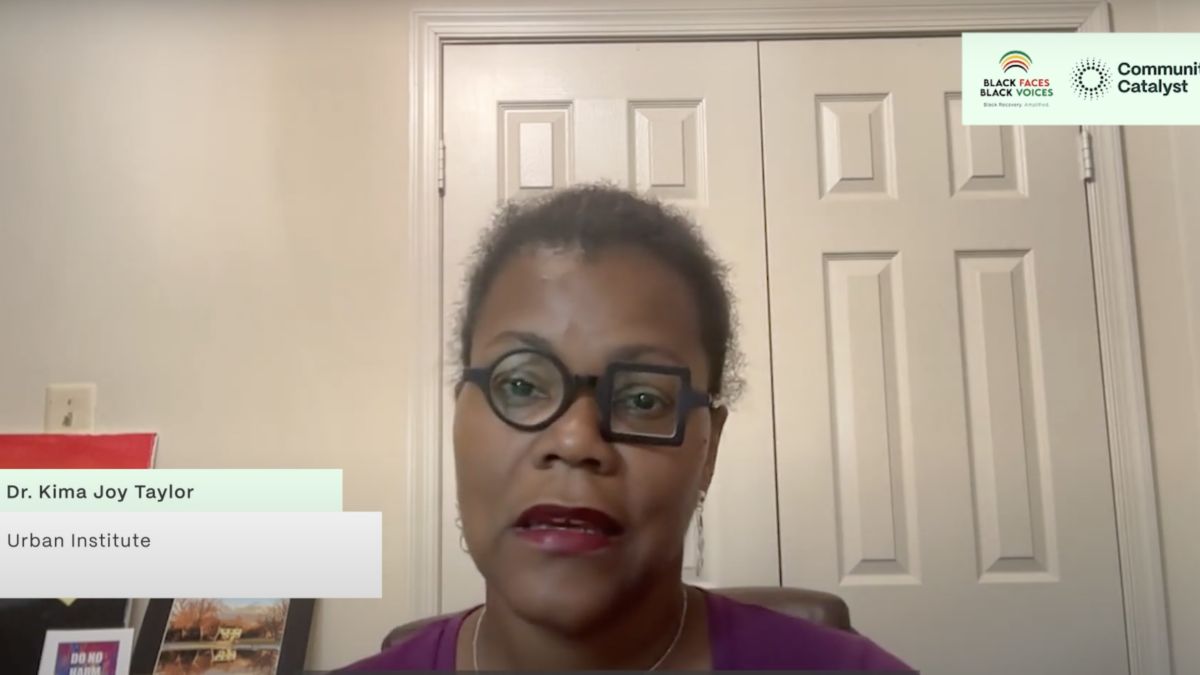Engaging Black Women With Lived Experience in Research Studies: Recommendations to Researchers
“I’ve never been invited to the table. They just get together and come up with their own plan without asking for our input.”
Our Approach
Guided by a team of five recovery leaders — Black women with lived experience of substance use disorder (SUD) and criminal legal system involvement (CLSI) — women from five states (Georgia, Michigan, New York, Pennsylvania, and Texas) with this same lived experience were compensated to participate in discussions and focus groups.
To ensure a diversity of thought and response, focus groups were made up of Black women from differing backgrounds, bringing a range of understanding and intersectionality. Our call for participation invited self-identified Black women with self-identified experience with substance misuse and the legal system. The resulting cohort included Black women of mixed races, ages, and gender identities.
Recommendations
Based on the focus groups, the Black Women CARE project recommends that researchers:
- Intentionally engage Black women with lived experience
- Build relationships and build trust
- Follow trauma-informed engagement approaches
- Equate lived experience with expertise
- Follow up with research participants afterwards
- Compensate research participants for their time and expertise
- Study what matters to community members
Authors and Acknowledgements
Authors
Sandra Benton
Angela Burton
India Hayes-Larrier
Laurie Johnson-Wade
Annie Powell
Phil Rutherford
Angelia Smith-Wilson
Tarusa Stewart
Cassandra Williams-Richards
Acknowledgements
Black Women CARE is funded through a Patient-Centered Outcomes Research Institute® (PCORI®) Eugene Washington PCORI Engagement Award Engagement Award (EACB-24745).

